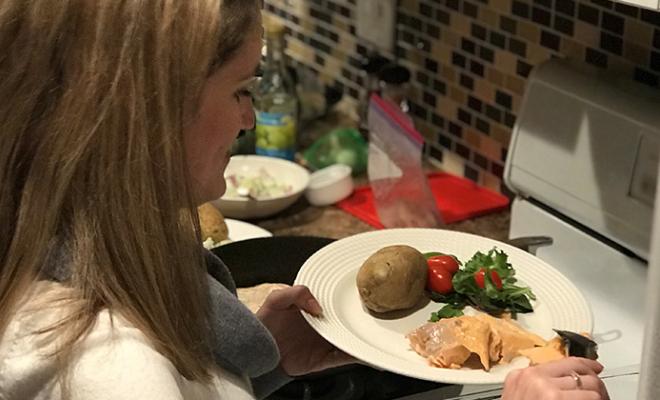Balancing employment with your cystic fibrosis needs can be difficult. Not all adults with CF will find that working full time is the best option for their health, and it is important to consult with your doctor to determine your specific needs. For those who can work, here are some pointers for working while also maintaining your health.
- Find a place that best fits your needs. This is the first step. Think about what you will need in a workplace in order to balance your individual health needs. Does it offer enough sick time, or is taking time off discouraged? Are you the only one who will know how to do your job, or is it a team environment? Will you work normal work hours, or will you have long, stressful days? Does your insurance adequately cover your medications, doctor's visits and hospital stays, or does it have a high deductible and coinsurance? Is there flexibility to work from home, or must you commit to commuting every day? Without the right work environment, it will be hard to balance your needs.
- Find a schedule that works for you. Caring for your CF is time consuming. First and foremost, there is the time it takes to do your treatments every day. But we must also calculate time in our day to get enough sleep (and nap, if needed), prepare nutritional and high-calorie foods, attend doctor's appointments, order prescriptions, etc. I wake up early to get my treatments done before work. Others will do their vest and nebs at their desk or in their car. Make sure your workplace has a schedule that works for you. Maybe this means working less than 40 hours a week, or starting the workday later and staying longer.
- Incorporate exercise into your daily routine. When I first started working, I did not make exercising a priority. But soon enough, I realized that I needed to make exercising a part of my daily routine. I now have a job where I can take my lunch breaks to run on a beautiful path by the Charles River in Boston. What's even better is that I have a work buddy who runs with me. This holds me accountable and makes these runs more enjoyable. Think about how you spend your time each day and find pockets of time where you can implement an exercise routine. Whether you find the time on your lunch break or by waking up a half hour earlier, the time is there -- you just have to identify what you're willing to sacrifice for it.
- Maintain open communication. Ask your doctor for a letter describing CF to give to your employer. This was a great way for me to get the dialogue started about my illness. Because everyone I work with is aware of my disease, they are able to understand when I need to work from home or take a day off. This also mitigates the “you must have a really bad cold” comments. Being open from the start makes it easier to ask for an accommodation later if you are experiencing difficulties. For me, it means working from home every so often when I need to rest and catch up.
- Eliminate stress. Without a doubt, I notice that my symptoms increase with stress. When you can't avoid the stress, at least find healthy ways to unwind. This may be yoga, meditation, exercise, taking a walk or simply spending time with friends and family. My company has an Employee Assistance Program with resources to help eliminate stress. Find out if your company offers a similar program.
- Use your PTO. Another way to unwind is to USE YOUR VACATION DAYS! Paid time off is given to you for a reason. Think about finding a workplace where taking time off isn't seen as being unproductive. Where I work, paid time off is seen as an essential part of being productive because it gives you time to unplug and relax. This goes for sick time as well. If I feel like I am getting sick, I take a day, or two or three to rest. I view time off to rest as being just as important as doing my treatments every day. I also suggest familiarizing yourself with the Family Medical Leave Act and requesting leave when necessary. If you feel like you can't take the time off completely, try working half days or working from home when you aren't feeling 100 percent.
These are my own tips that work for my lifestyle and health. It is important to remember that each person has their own way of balancing work and health. What works for you?







